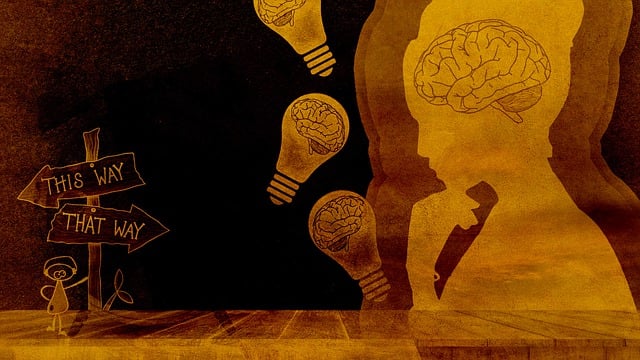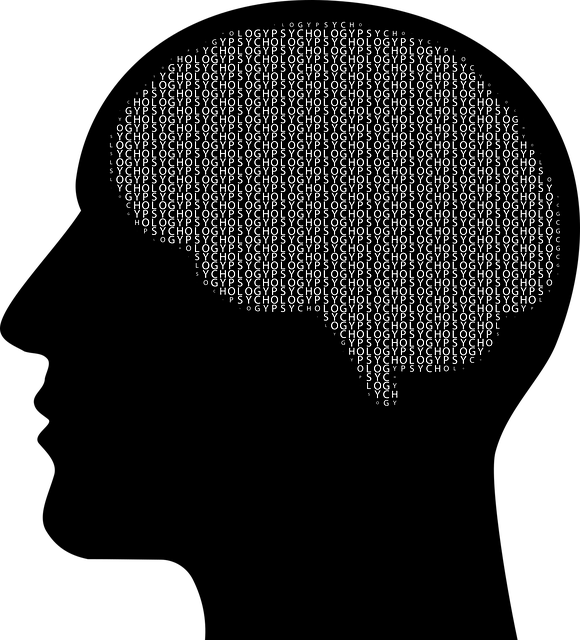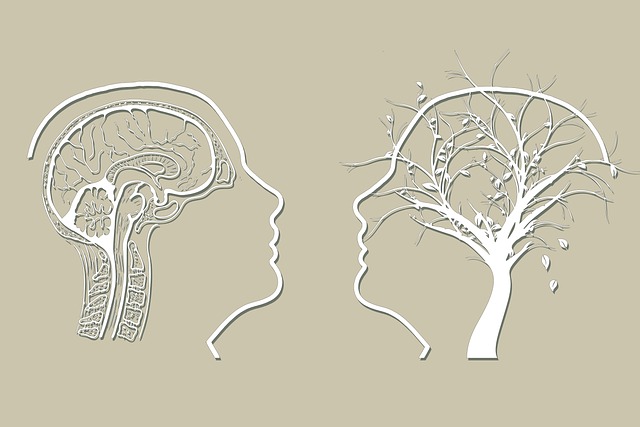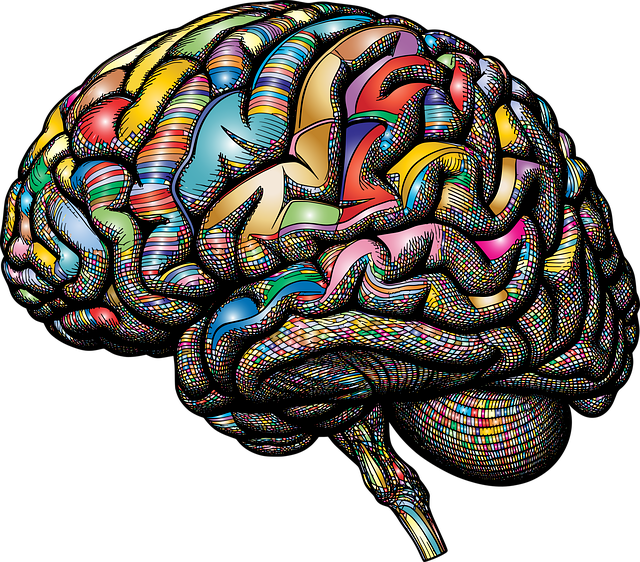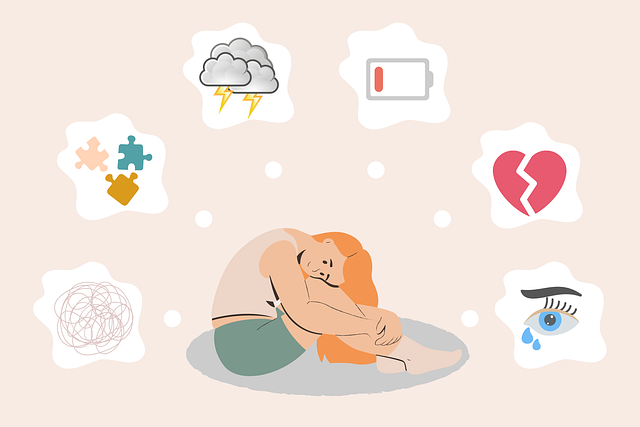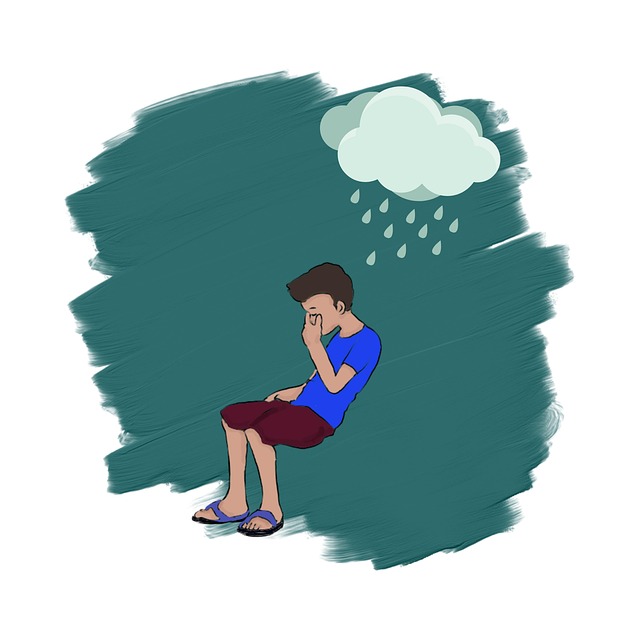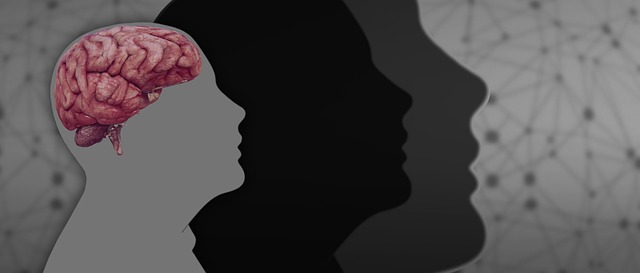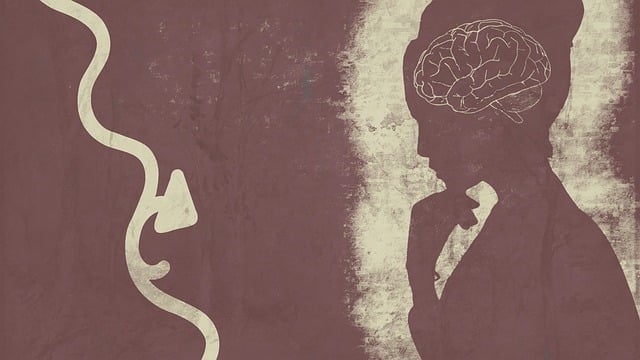Mental wellness is a key aspect of early childhood development, especially for children with Attention Deficit Disorder (ADD) or Attention Deficit Hyperactivity Disorder (ADHD), where therapy plays a vital role in enhancing focus, impulse control, and emotional regulation. Effective strategies include tailored interventions, Mental Health Policy advocacy, and Self-Care Practices. Self-assessment tools, incorporating compassion cultivation, are crucial for early mental wellness support, enabling therapists to understand individual needs and tailor interventions. Non-pharmacological approaches like Cognitive Behavioral Therapy (CBT) and Mindfulness training have shown significant benefits in managing ADD/ADHD, combining with holistic practices to create supportive environments fostering growth and resilience.
Mental wellness self-assessment tools play a pivotal role in identifying and addressing issues early on, especially in young children. This article explores the significance of mental wellness in childhood and its impact on long-term development. We delve into the effective use of self-assessment tools as a means for early intervention, focusing specifically on strategies tailored for managing Attention Deficit Disorder (ADD) and Attention Deficit Hyperactivity Disorder (ADHD). By examining practical approaches to implementation and evaluation, this guide equips professionals with essential tools to enhance therapy for young children with ADD/ADHD.
- Understanding Mental Wellness and Its Significance in Young Children
- The Role of Self-Assessment Tools in Early Intervention
- Designing Effective Therapy for ADD/ADHD in Children
- Implementing and Evaluating Self-Assessment Tools: A Practical Approach
Understanding Mental Wellness and Its Significance in Young Children

Mental wellness is a fundamental aspect of a child’s overall development, especially in their early years. Young children, often considered to be between infancy and adolescence, are at a crucial stage where their minds are rapidly developing. Understanding mental wellness in this demographic involves recognizing not just the absence of mental disorders but also promoting positive emotional, social, and behavioral well-being. It is about fostering an environment that nurtures their cognitive abilities, enhances self-esteem, and teaches them effective coping mechanisms to navigate life’s challenges.
The significance of prioritizing mental wellness early on cannot be overstated, particularly for children with conditions such as Attention Deficit Disorder (ADD) or Attention Deficit Hyperactivity Disorder (ADHD). These neurodevelopmental disorders can impact a child’s ability to focus, control impulses, and manage emotions, affecting their academic performance, social interactions, and overall quality of life. Therapy for young children with ADD-ADHD often involves tailored interventions to improve attention span, impulse control, and emotional regulation, thereby enhancing their mental wellness and setting them on a path for successful personal growth. In addition to therapy, Mental Health Policy Analysis and Advocacy plays a pivotal role in ensuring that resources and support systems are accessible to these young minds, promoting Self-Care Practices that can contribute to long-term mental health resilience.
The Role of Self-Assessment Tools in Early Intervention

Self-assessment tools play a pivotal role in early intervention strategies for mental wellness, especially among young children. These tools offer a non-intrusive and accessible means to gauge emotional and behavioral health, enabling professionals to identify potential issues at an early stage. By utilizing self-assessment methods tailored for children with Attention Deficit Disorder (ADD) or Attention-Deficit/Hyperactivity Disorder (ADHD), therapists can gain valuable insights into their clients’ internal experiences and challenges. This proactive approach is crucial in therapy for young children with ADD-ADHD, as it allows for the timely implementation of targeted interventions and support systems.
Incorporating burnout prevention strategies for healthcare providers within these self-assessment tools can further enhance their effectiveness. Emotional intelligence, fostered through regular practice, enables professionals to interpret children’s responses accurately. By combining this with mind over matter principles, therapists can create a safe space for young clients to express themselves honestly, fostering open communication and accelerating the assessment process. This holistic integration of burnout prevention strategies and emotional intelligence strengthens the overall mental wellness self-assessment framework.
Designing Effective Therapy for ADD/ADHD in Children

Developing effective therapy for young children with ADD/ADHD requires a nuanced approach that caters to their unique cognitive and emotional needs. While stimulant medications are often prescribed, non-pharmacological interventions such as cognitive behavioral therapy (CBT), mindfulness training, and structured behavior therapy have proven equally beneficial. These therapies focus on teaching children coping mechanisms, improving impulse control, enhancing attention spans, and fostering better decision-making skills.
Integrating depression prevention strategies and burnout prevention techniques for healthcare providers is paramount in this process. Mental health professionals must be equipped with robust risk management planning to ensure they can navigate the challenges inherent in working with young clients. By combining evidence-based practices and a holistic understanding of child development, therapists can create safe, supportive environments that encourage growth and resilience, thereby mitigating potential risks and promoting positive outcomes for children struggling with ADD/ADHD.
Implementing and Evaluating Self-Assessment Tools: A Practical Approach

Implementing and evaluating self-assessment tools is a crucial step in enhancing mental wellness support for young children, particularly those with Attention Deficit Disorder (ADD) or Attention Deficit Hyperactivity Disorder (ADHD). These tools serve as practical gateways to understanding individual needs, tracking progress, and tailoring interventions. One effective approach involves integrating compassion cultivation practices into self-assessment routines. By encouraging children to reflect on their emotions and experiences, practitioners can foster a sense of self-awareness and empathy, which is essential for managing symptoms associated with ADD/ADHD.
Mental wellness journaling exercises guided by compassionate frameworks offer a tailored solution. This method allows children to express their feelings, set achievable goals, and track their progress over time. Furthermore, regular reflection facilitates the development of coping strategies that challenge internalized mental illness stigma reduction efforts. Such practices not only empower young individuals but also create a supportive environment where they can openly discuss their experiences, fostering resilience and improving overall mental wellness.
Mental wellness self-assessment tools play a pivotal role in early intervention, especially for young children dealing with conditions like ADD/ADHD. By designing effective therapy and implementing practical assessment approaches, we can foster holistic development and improve outcomes for these individuals. Understanding mental wellness and its impact on young minds is the first step towards creating a supportive environment that encourages growth and resilience.

